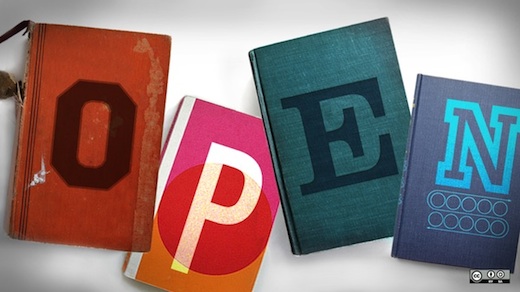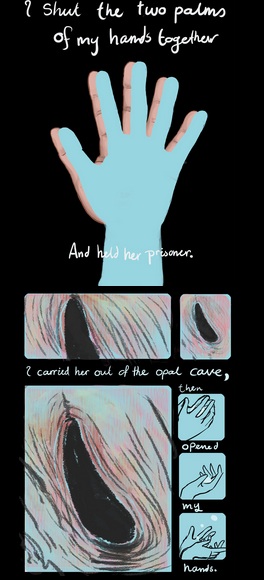
Future Next Exit (Photo by backofthenapkin CC-BY-SA)
I just signed up for a (free) Coursera MOOC called “History and Future of (Mostly) Higher Education” (#FutureEd).This isn’t a “normal” Coursera MOOC. The instructor, Cathy N. Davidson (Duke University) is teaching a place-based course (ISIS 640: History and Future of Higher Education) in parallel with the MOOC, and she’s inviting others to form groups (or workshops or courses) to participate in the MOOC as place-based satellite nodes.
This looks like an interesting experiment, and it draws on the experience of DOCC13, the first Distributed Open Collaborative Course, which still running (check out the FemTechNet Whitepaper). Hybrid models that mix online and place-based teaching may be more sustainable (and more pedagogically sound) than the massive MOOCs on their own (or a single, place-based course in isolation).
It would be great if a group of us from the University of Otago could do this MOOC together. We could form a discussion group around it and meet once a week (those who are able to meet). Although Coursera suggests it might take 2-4 hours per week, here is no fixed amount of time that you have to devote to this MOOC (or any of these free MOOCs — people tend to dip in when it suits them). Although we can blog, tweet and interact with the course on our own, we might get more out of the experience if we met face-to-face and discussed the relevance of the videos and readings to our specific context. We all understand the value of group work, right?
So, what do you think? If you are interested, sign up for the MOOC (it comes with a no obligation, money back guarantee). If you want to join the MOOC Group (that would be a MOOCG, but I’m sure we could come up with a better acronym), leave a comment below, or contact me directly (email: mark.mcguire@otago.ac.nz Twitter: @mark_mcguire). If not us, who? If not now, when?
Related Links
The Coursera course
History and Future of (Mostly) Higher Education (27 Jan, 6 weeks)
History and Future of Higher Education
This describes the strategy for a global movement to rethink higher education.
History and Future of Higher Education (ISIS 640) (Prof Cathy N. Davidson, Duke University)
This is the online syllabus place-based course she will be teaching at Duke.
Designing Higher Education From Scratch (Google Doc)
Posted by Cathy N. Davidson November 23, 2013
Her place-based students will do this a project. MOOC participants are also encouraged to work with this template.
What If We Could Build Higher Education From Scratch? What Would It Look Like? (blog post by Cathy N. Davidson)
How To Take On the MOOCs—And the Rest of Higher Ed Too (blog post by Cathy N. Davidson, 21 Nov 2013)
Storyboarding the Future of Higher Education. (blog post by Cathy N. Davidson, 15 May 2013)
Technology, Learning and Culture
This is a HASTAC group for “The History and Future of Higher Education,” the multi-institutional collaborative project (that includes the Coursera MOOC), that was initiated by the HASTAC alliance. We will list the Otago group on this site.
Course Readings
The Future of Thinking: Learning Institutions in a Digital Age. By Cathy N. Davidson and David Theo Goldberg (Free download)
Now You See It: How Technology and Brain Science Will Transform Schools and Business for the 21st Century (by Cathy N. Davidson) [Paperback on Amazon]
Field Notes for 21st Century Literacies: A Guide to New Theories, Methods, and Practices for Open Peer Teaching and Learning
Written and Edited by The 21st Century Collective (Online text)
Duke Surprise
An Innovative Course on Methods and Practice of Social Science and Literature,
Co-Taught by Dan Ariely and Cathy N. Davidson
Re-Mixed by #DukeSurprise Students as a Self-Paced Open Course (SPOC)





